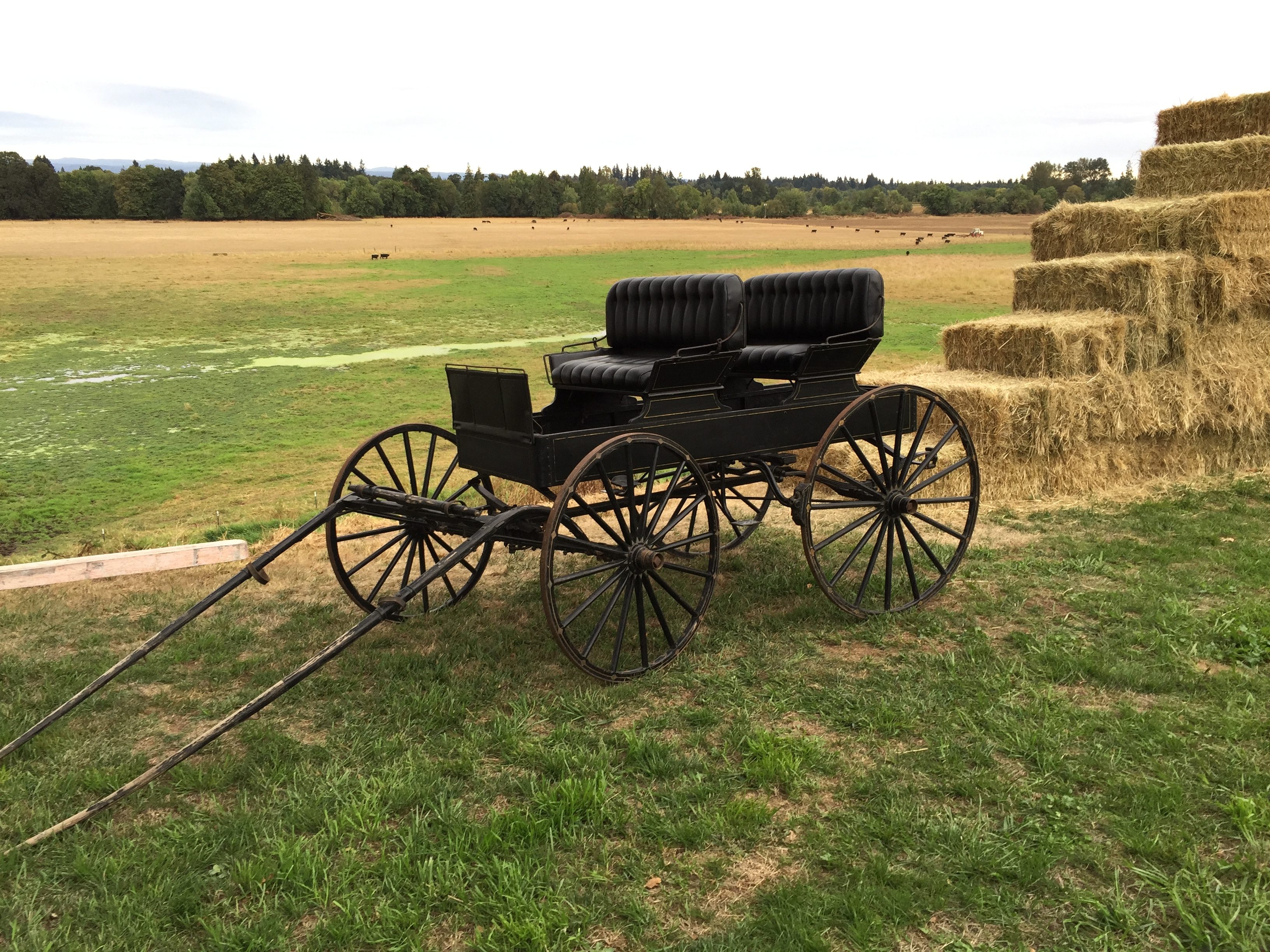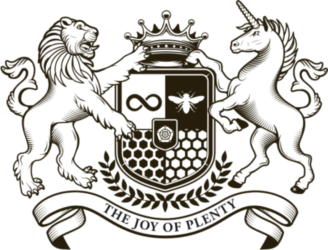My next riding experience offered me the opportunity to witness chemical-intensive agriculture, or stated another way, to repeatedly see the huge amount of chemicals used to grow crops and raise animals.
After rehabilitating injured racehorses, I rode my paint quarter horse, Quincy, with my friend Lolita on her family’s 480-acre working farm. The land had been in her family since 1912 – that’s five generations. According to Lolita, the farm had a lot of stories to tell. At the time, they were leasing the land to a hazelnut orchardist, a grass seed farmer and a cattle rancher. It is oddly ironic that although the farm met the acreage definition of a small farm, large-scale industrial agriculture practices were used to cultivate the crops.

A perfectly manicured trail meandered throughout the farm. Spectacular vistas of Mt. Hood and its rolling foothills framed the farm’s bottomland pastures. A river ran through it. A lone white swan occupied a pond in the middle of a wood and would make a point of spooking our horses by swiftly flying straight up when we rode by. Having lived in England, I often had the feeling I was riding through a beautiful English country estate. Once in a while, Lolita and I would see a coyote and pretend it was a fox and chase it around, minus the hounds. No matter how fast we galloped, though, it would always elude us.
My experience was perpetually the same – on every ride, every cell of my body overflowed with wonderment and gratitude that I was able to ride there. I’d pinch myself and think, This is too good to be true. I learned that nirvana does exist: It’s right here, right now, not some other where on some other day.
While we rode, Lolita and I would discuss the world’s problems and try to figure out solutions. Chemical-intensive agriculture was a frequent topic because we were seeing it firsthand. The farmers used a constant procession of pesticides and synthetic fertilizers, and it seemed like every couple of weeks during the growing season something or other was being applied. Countless times, Lolita called me to cancel our ride because some big machine was out there spraying pesticides, and we didn’t want to get caught in the crossfire of pesticide drift. Lolita was constantly concerned that the chemicals were damaging the soil. The harshness of it all was difficult to ignore. Death, death, death. There must be a better way, I thought.
I learned the cattle that grazed on the lush grass of those pastures had time-released bovine growth hormones clipped to their ears. Yes, grass-fed cows can be pumped full of hormones. Buyer beware.
My horse went lame and Lolita was diagnosed with brain cancer all in the same year. The letter I wrote to her when she was on her deathbed remains to this day the best writing I have ever done. Someday I may publish it. When I return to the farm for a visit, I break down and cry. The emotions are a potent, soupy mix of sadness, joy, and gratitude, and they are slow to fade with time.
Deep love hides behind the curtain of grief.
